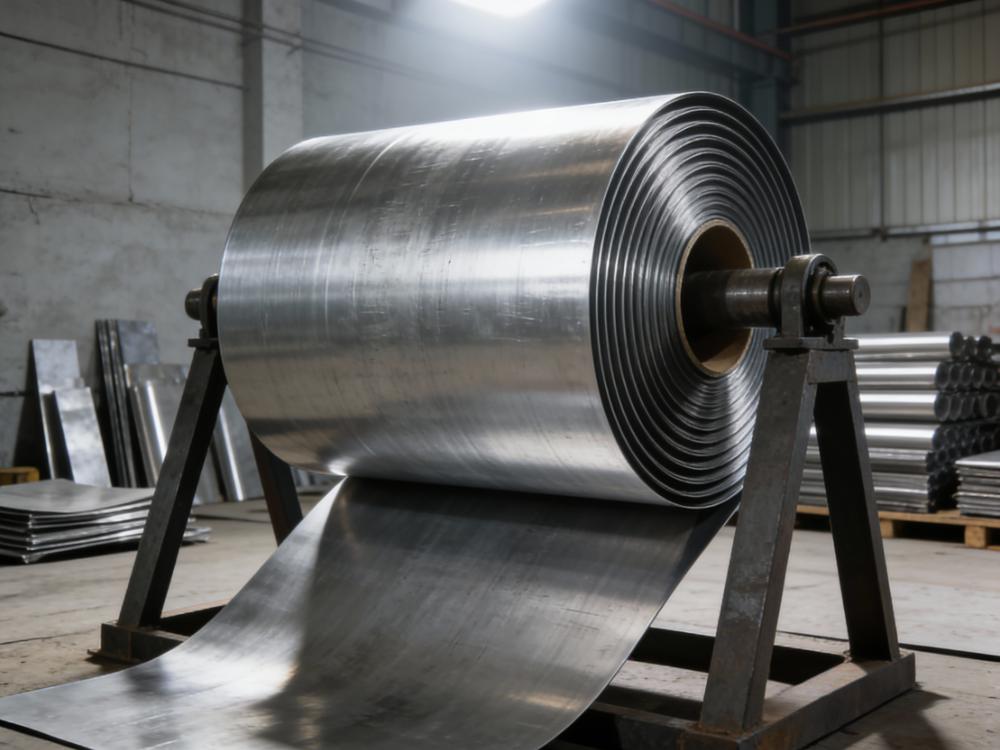According to customs data, in October 2024, refined lead exports were 1,886 mt, up 110.83% MoM but down 90.63% YoY. From January to October, the total export volume of refined lead and lead materials was 36,137 mt, down 79.05% YoY. In October 2024, refined lead imports were 1,837 mt (down 93.59% MoM), and lead alloy imports were 8,355 mt. From January to October, the total import volume of refined lead and lead materials was 197,444 mt, up 363.9% YoY.
Before the National Day in October, China introduced a package of monetary policies and implemented the second RRR cut and interest rate cut of the year. Benefiting from these policy announcements, the overseas market generally traded on Chinese policies during the National Day holiday, with LME lead fluctuating upward, reaching a three-month high of $2,167/mt. After the holiday, the market digested the positive policy news, and lead prices returned to fundamentals. Additionally, ahead of the US election and the US Fed's interest rate decision, the market adopted a risk-averse stance, causing LME lead to drop to $1,993/mt. Domestically, the most-traded SHFE lead contract fluctuated between 16,500-17,000 yuan/mt for an extended period. The SHFE/LME lead price ratio remained stable but slightly lower, making import conditions unfavorable in October.
Moreover, in early October, due to the National Day holiday, upstream and downstream enterprises had varying holiday schedules, leading to a temporary reduction in lead consumption. This resulted in the highest inventory buildup pressure during the entire month. In mid-to-late October, lead-acid battery enterprises resumed production, and seasonal consumption, along with policy benefits, began to transmit to the end-use sector, gradually reducing social inventory of lead ingots and providing some momentum for lead prices. Overall, there was no significant change in refined lead import volumes in October.
In November, with the outcomes of two major US events, lead prices are likely to be more influenced by marginal changes in fundamentals. From mid-October, some northern provinces and cities began the heating season, which coincided with the high incidence of smog. Since late October, regions such as Hebei, Henan, and Anhui have successively issued smog warnings, affecting the production of lead smelters and limiting vehicle operations. After mid-November, as the domestic winter heating season fully begins, the risk of air pollution warnings due to high smog incidence in major lead ingot production areas increases compared to October. Environmental protection-related controls in Hebei, Anhui, and Henan will impact lead production. On the consumption side, the end-use market for lead-acid batteries shows moderate performance, with more lead-acid battery enterprises considering seasonal inventory buildup. The operating rate of enterprises is stable to slightly rising, but the probability of a significant increase in consumption is low, limiting the upward momentum for domestic lead prices. Overall, refined lead import volumes in November are also unlikely to see a significant increase.
October refined lead imports fell by 93.59% MoM. What is the outlook for November? [SMM Analysis]
According to customs data, in October 2024, refined lead exports were 1,886 mt, up 110.83% MoM but down 90.63% YoY.
Data Source Statement: Except for publicly available information, all other data are processed by SMM based on publicly available information, market communication, and relying on SMM‘s internal database model. They are for reference only and do not constitute decision-making recommendations.
For any inquiries or to learn more information, please contact: lemonzhao@smm.cn
For more information on how to access our research reports, please contact:service.en@smm.cn



